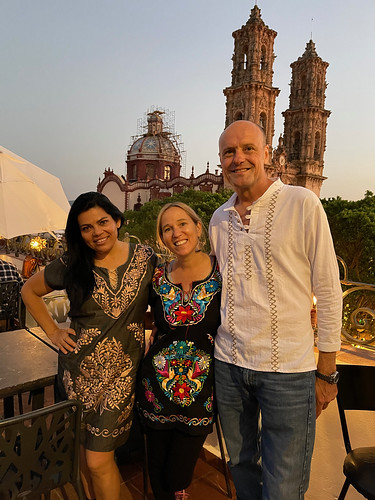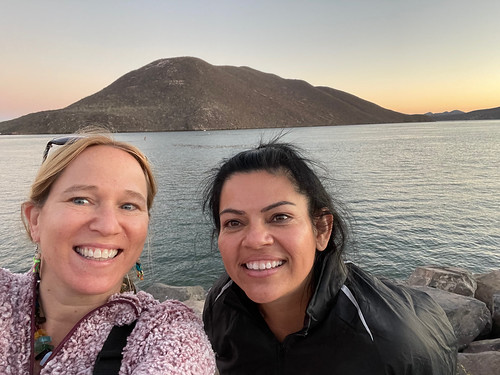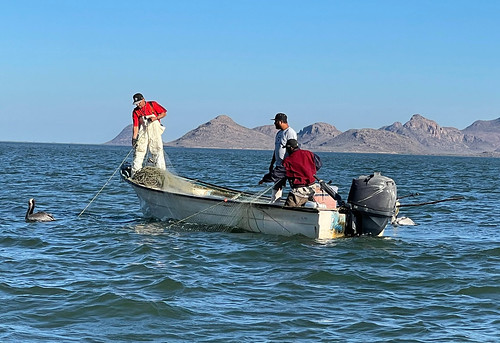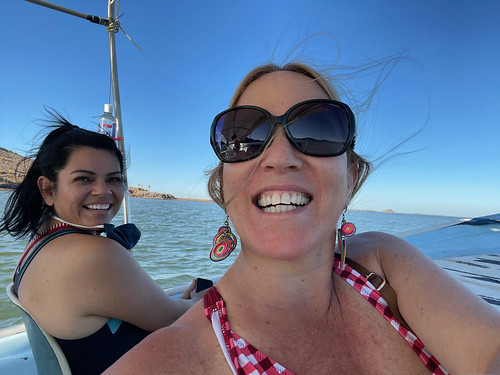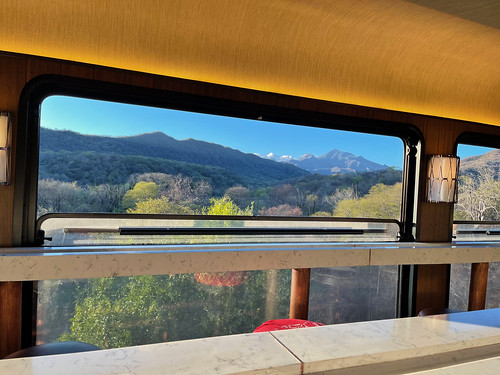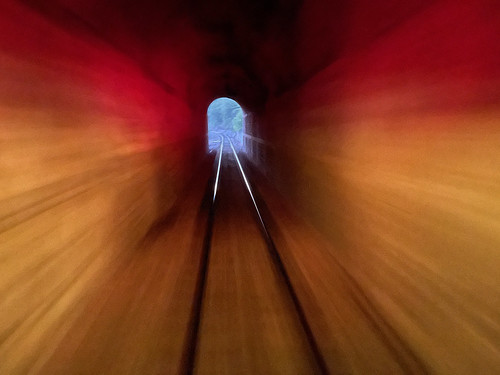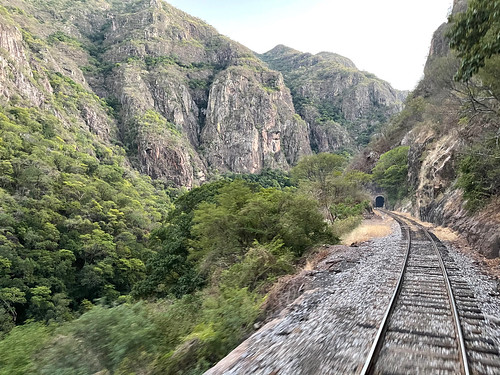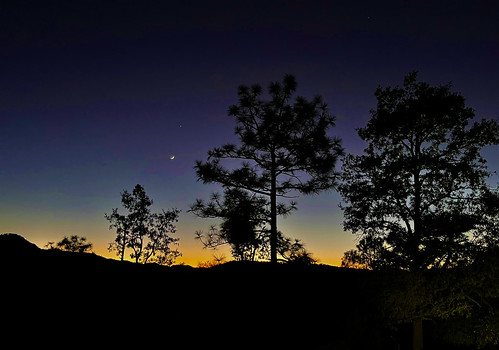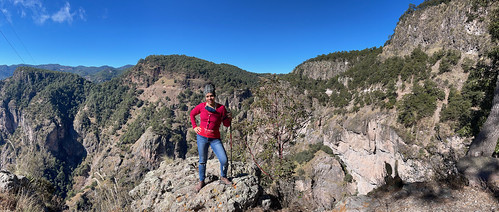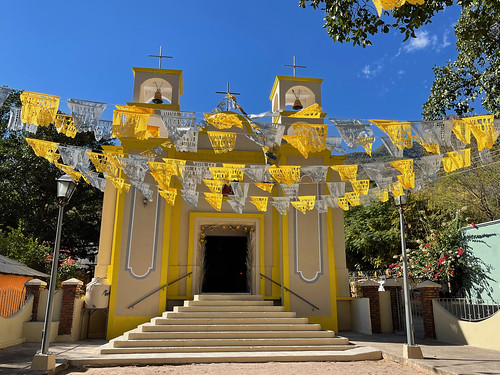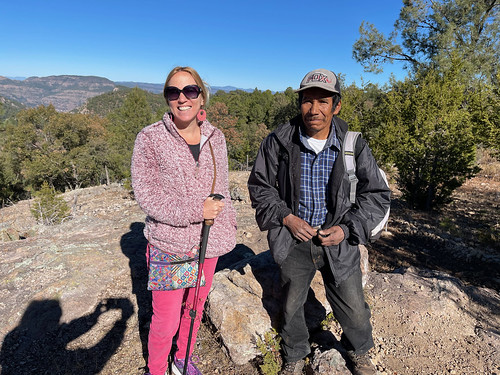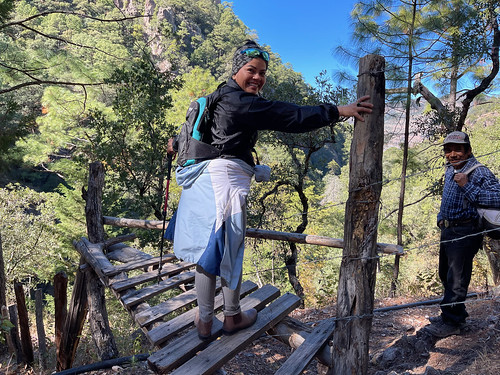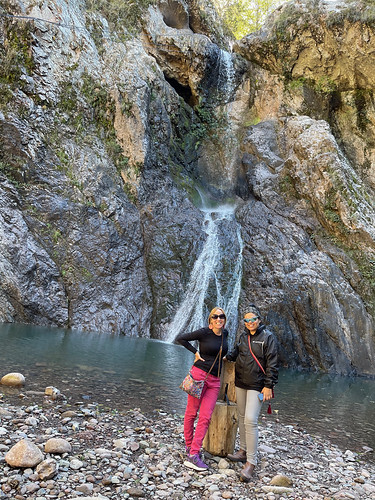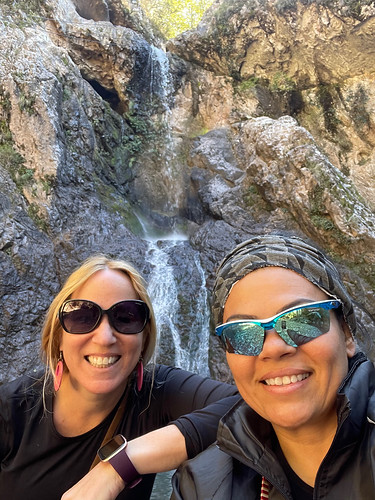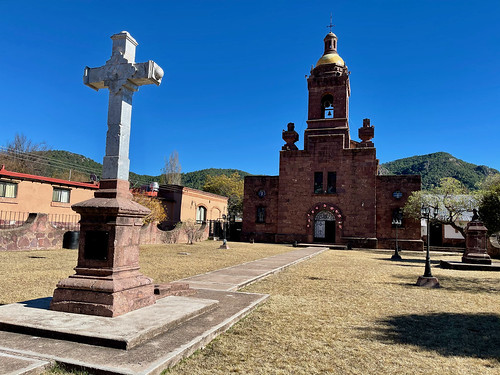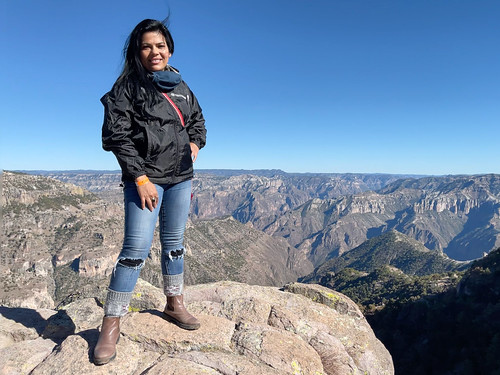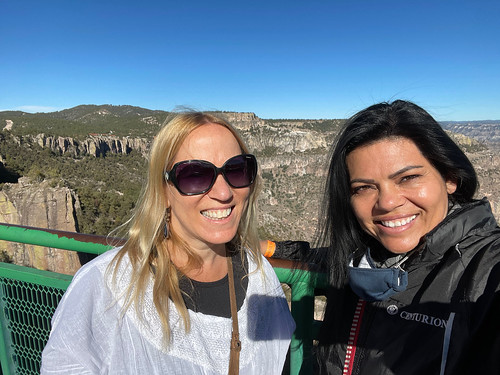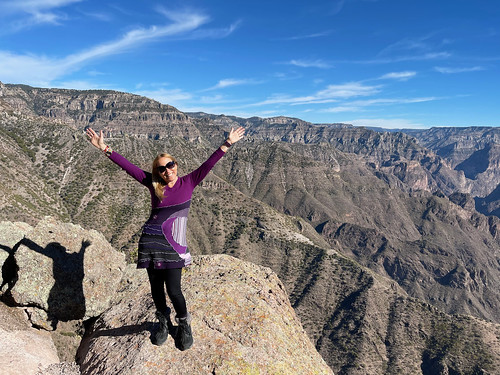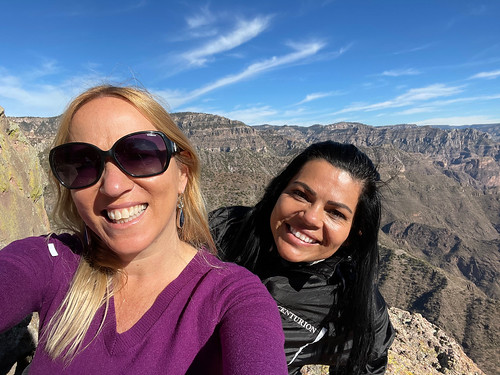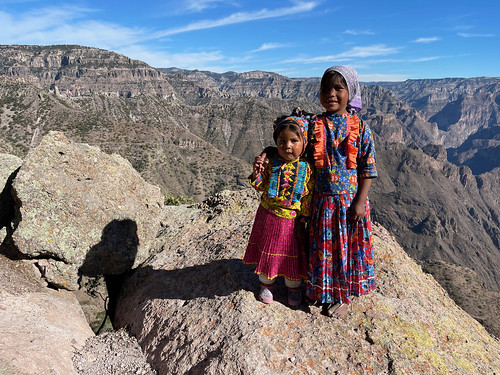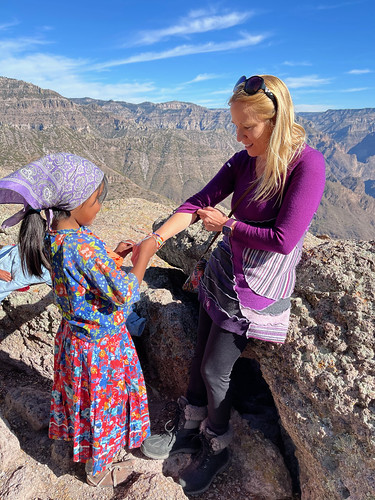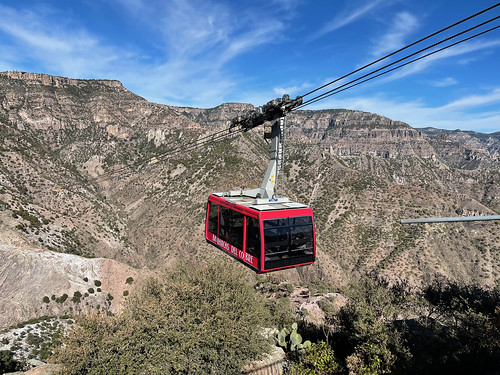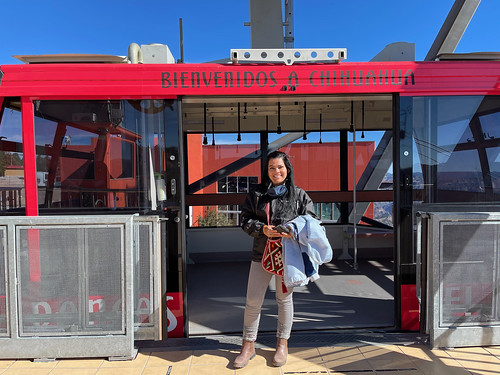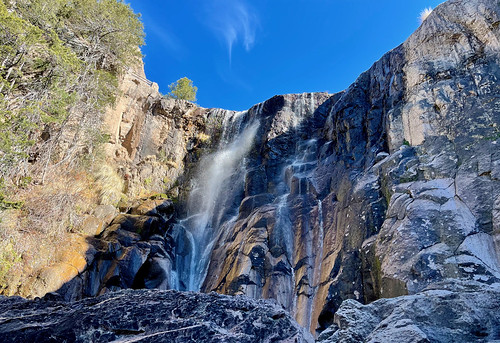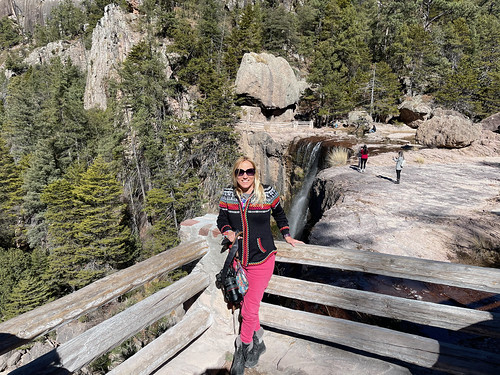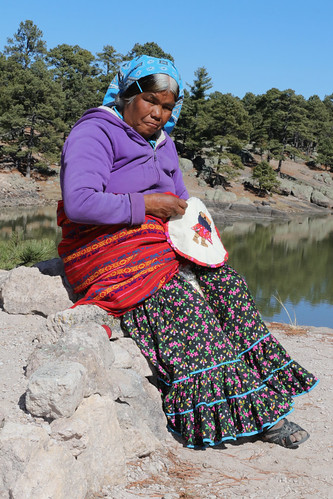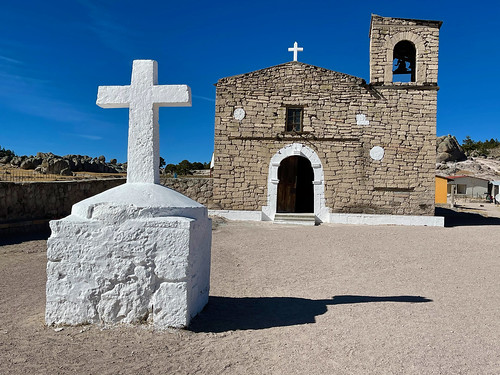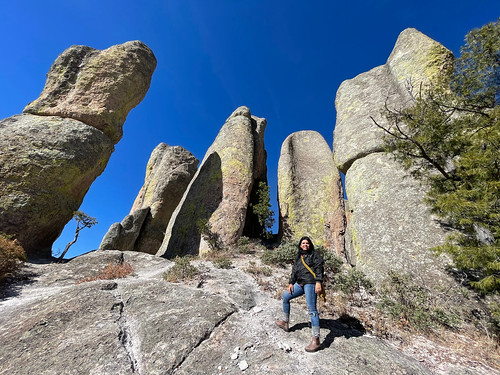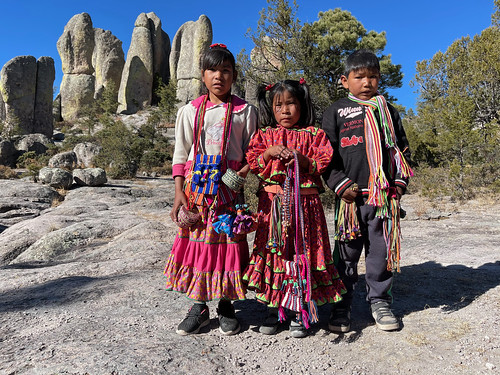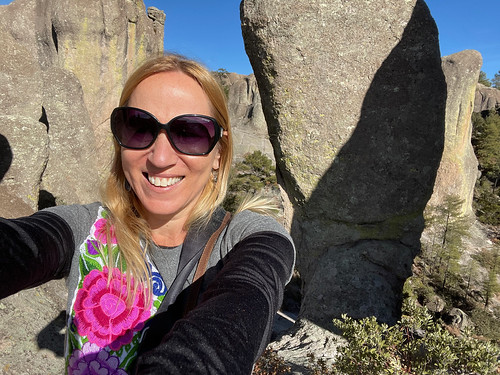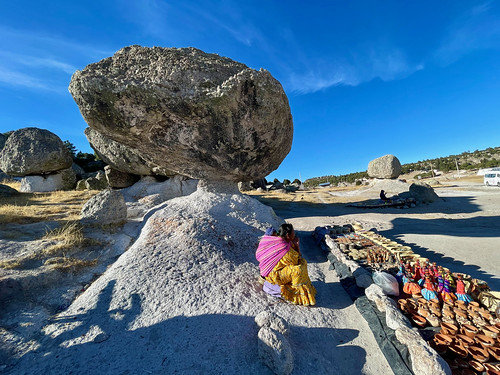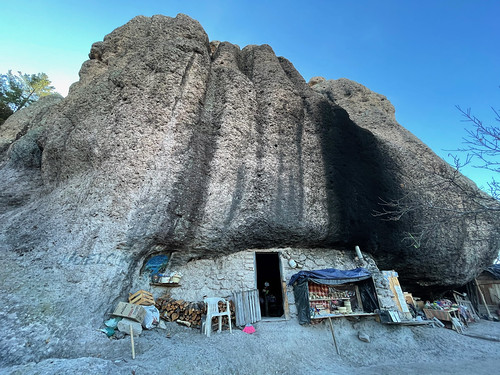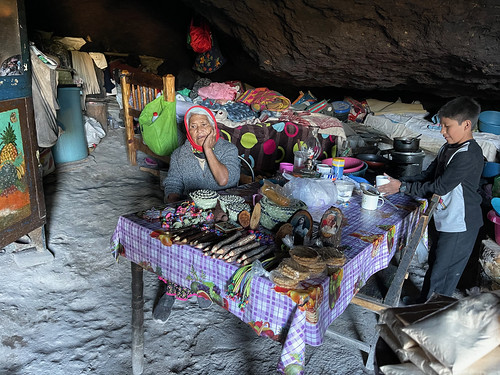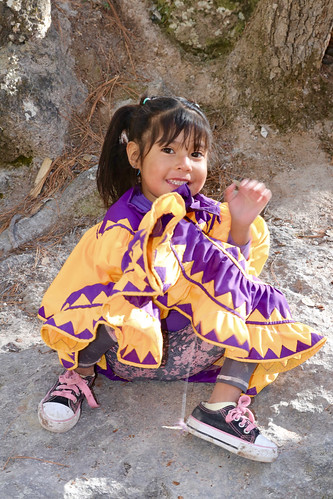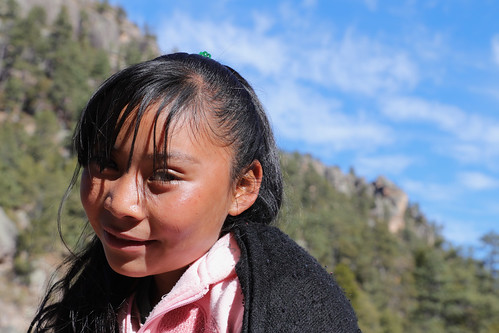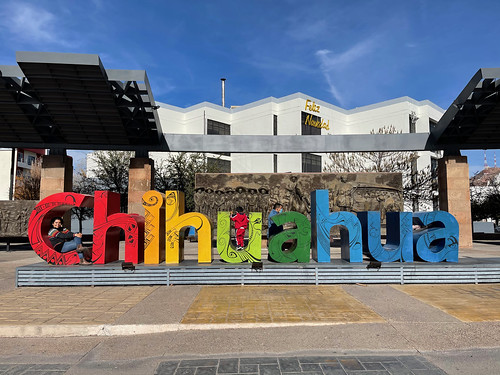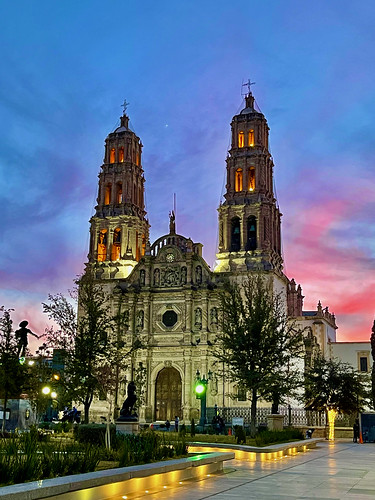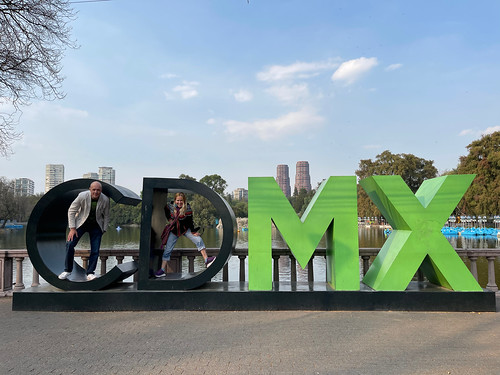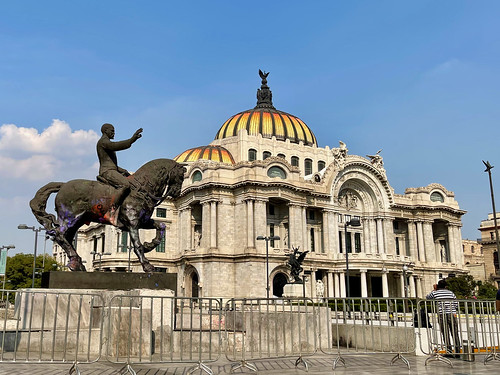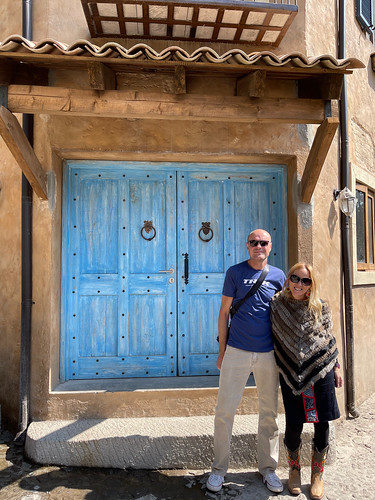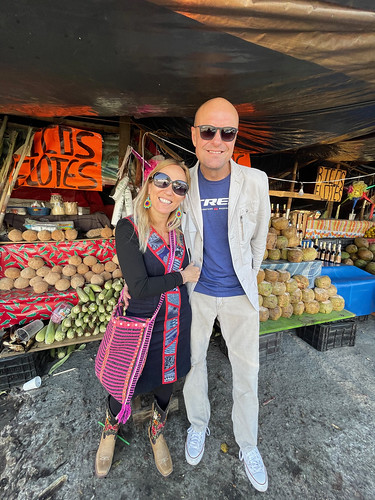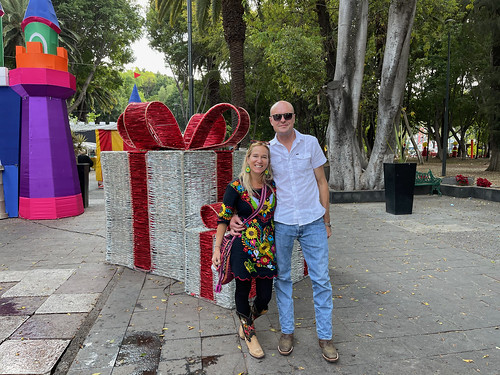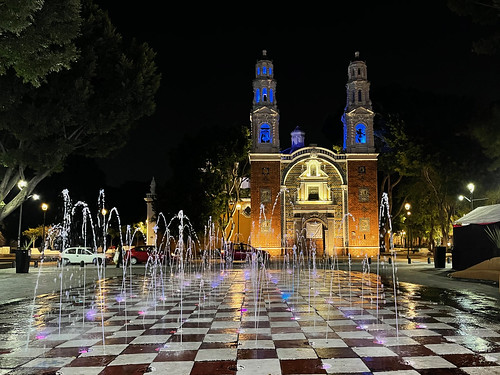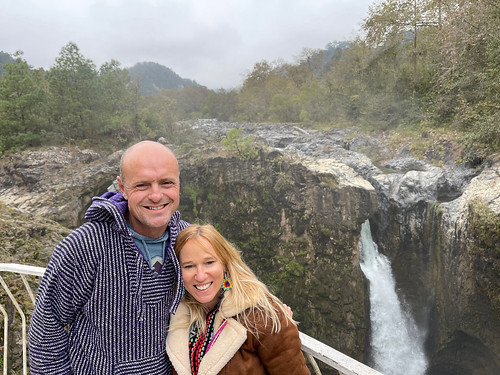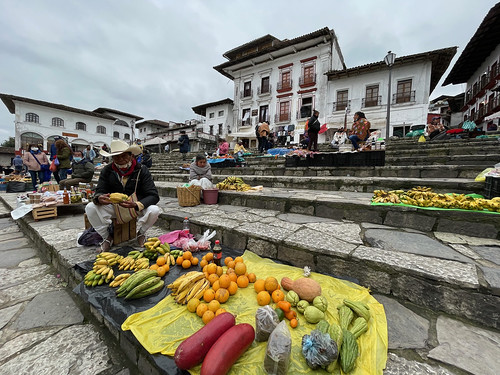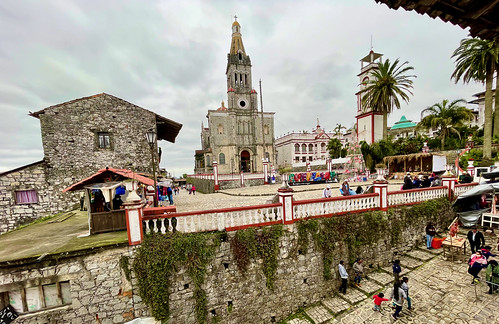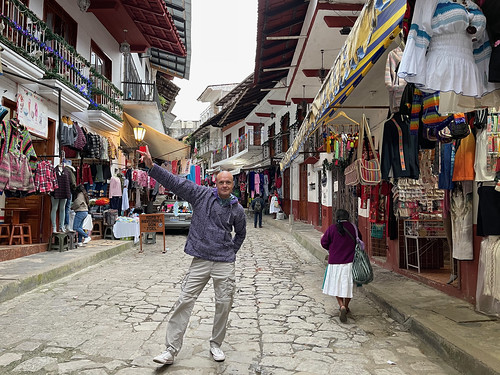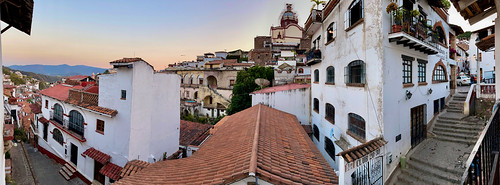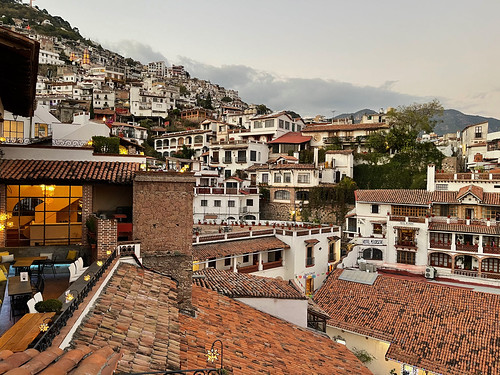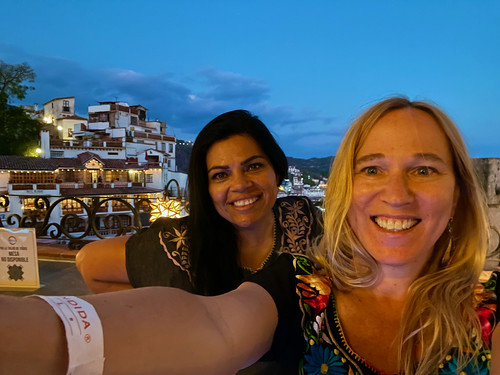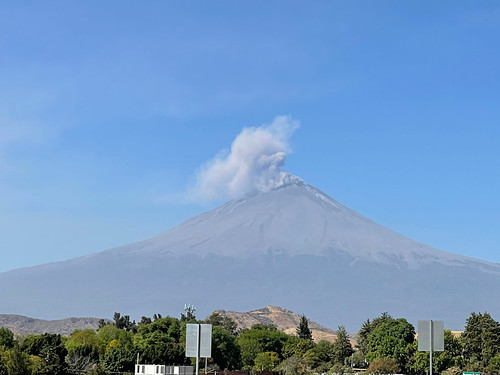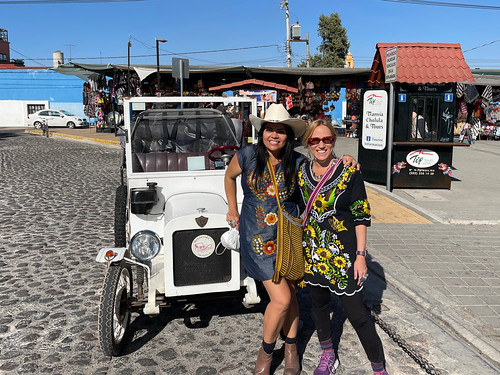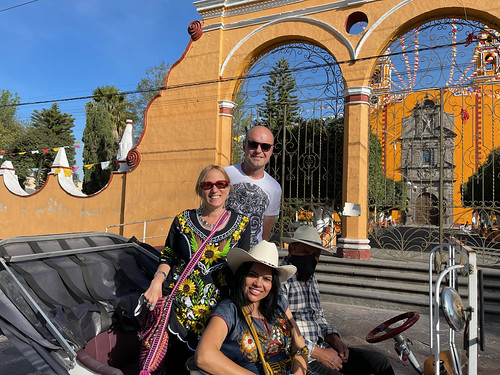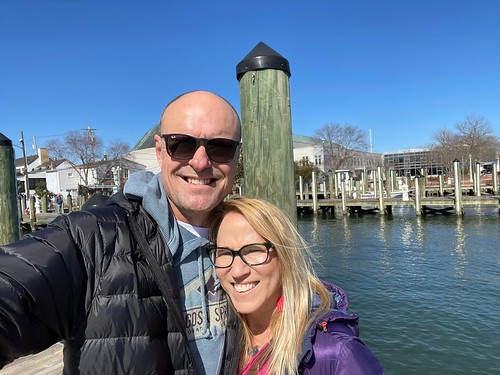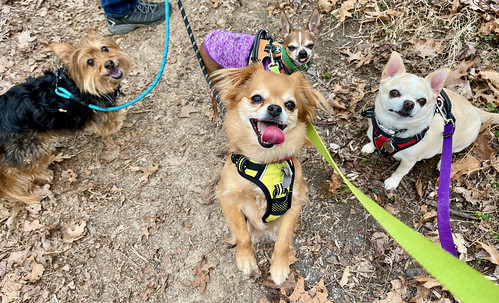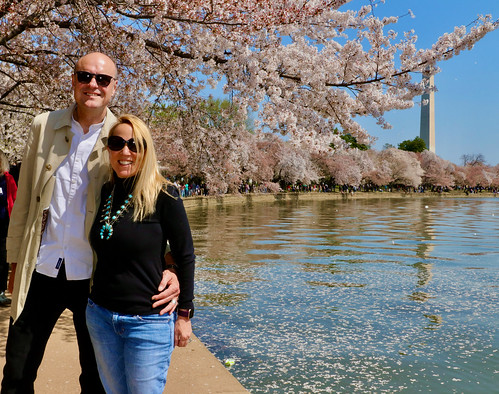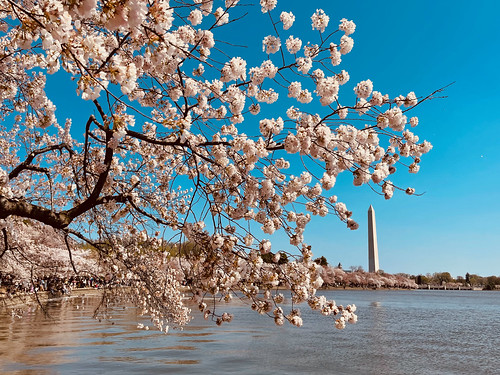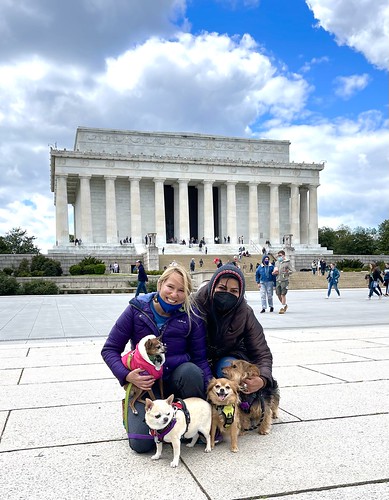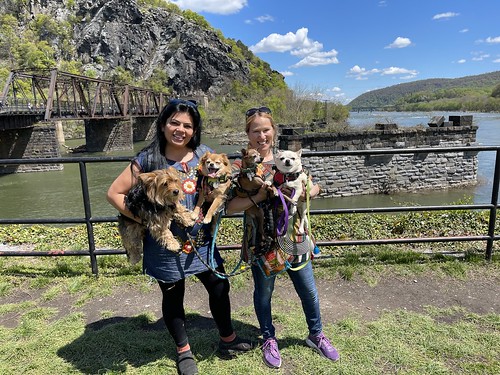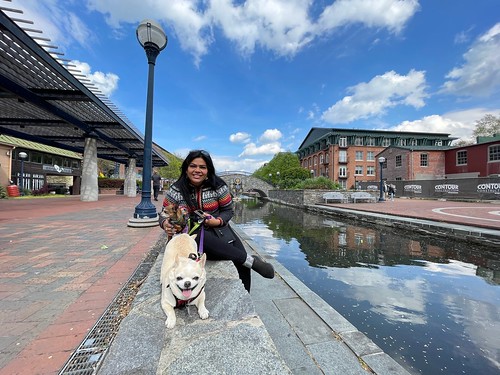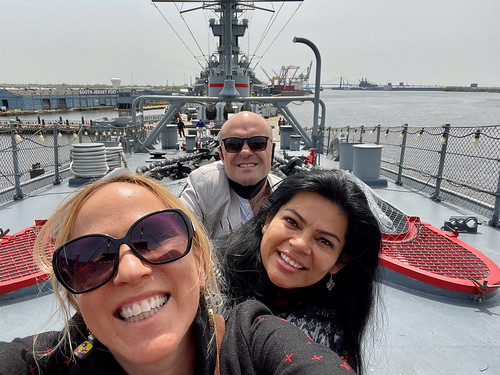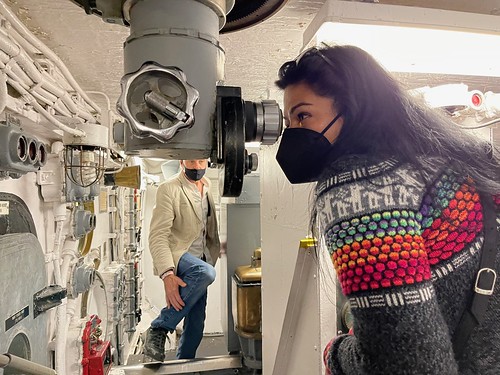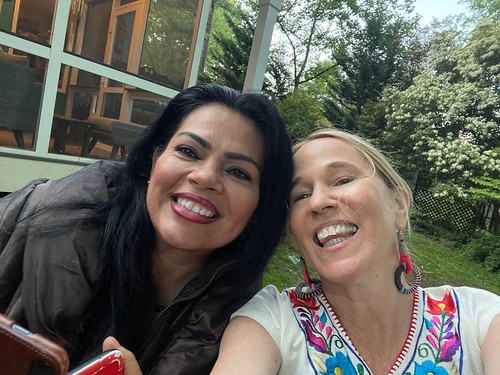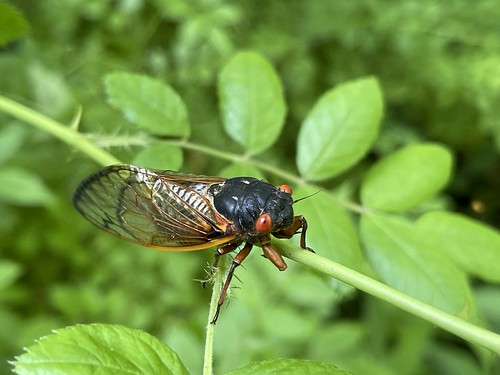Seems like I’m averaging one blog update per year, but since I’m fourteen years into blogging I feel compelled to keep documenting my life – even if it’s just for my own viewing pleasure.
Meanwhile, this past year was a doozy – with COVID-19 turning most of us into hermits, with very little human interactions. Granted, since I’m forever the optimist I searched for the silver linings to perpetually working from home. First and foremost, I simply love our house and its surrounding environs, especially Brookside Gardens next door. And it’s been wonderful hanging out with the dogs, 24-hours a day. My little needy monsters are a source of constant entertainment and affection. I’m not sure what I would do without them…
And I’ve rekindled my love of aquariums from my youth and set-up an 80-gallon tank, stocked with African cichlids…. brings back fond memories from my high school days. I can’t remember who originally turned me on to cichlids – perhaps it was foreshadowing my life in Malawi, as Lake Malawi is the source for these aggressive freshwater species. Either way, I find everything about an aquarium therapeutic, from watching the fish claim their territories among the rocks to observing their feeding frenzy to methodically cleaning the tank – there’s something very rewarding about every stage of the process.
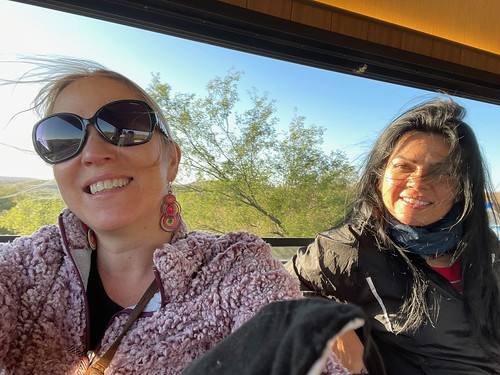
(Chepe Express – we were one of the only ones on the train)
On the flip side of teleworking, I definitely miss seeing friends/colleagues as well as the daily routine of physically traveling into DC….but the advantages of working from home are endless. Between the commute and daily dog walkers, I’m saving more than $800/month…but more importantly, I feel more productive at home. Despite working longer hours (hence, missing the commute – a definitive starting/stopping point), I’m finding my work more enjoyable. I love my team and feel more connected now than ever before.

(The famous Tarahumara runner – world’s greatest endurance athlete)

(Our rustic accommodations – that we LOVED)
And I’m so proud of the work that we’re doing and what we’ve accomplished. Not to geek out, but we’ve managed to design a standard DHIS2 metadata tracker package for HIV key population programs. In short, we’ve created free downloadable software that ANY entity can use, whether it’s Global Fund, PEPFAR, Ministries of Health, etc., to support case management of people accessing HIV services across the continuum of HIV outreach, testing, prevention, and treatment. It facilitates automated reporting of indicators and is incredibly flexible so that countries can customize the data collection forms to meet their local reporting requirements. Truly a game changer in terms of monitoring and reporting individuals across HIV programs. And since the software is built using the world’s largest open-source platform (DHIS2), it’s highly sustainable.
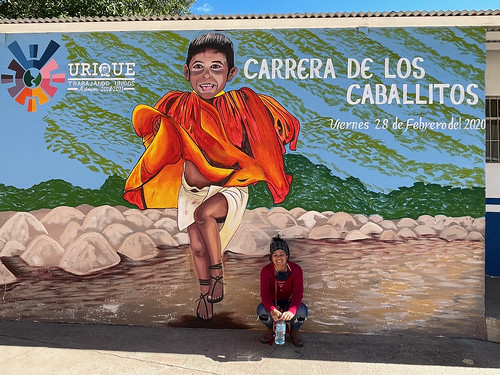
(Town is famous for its endurance runners)
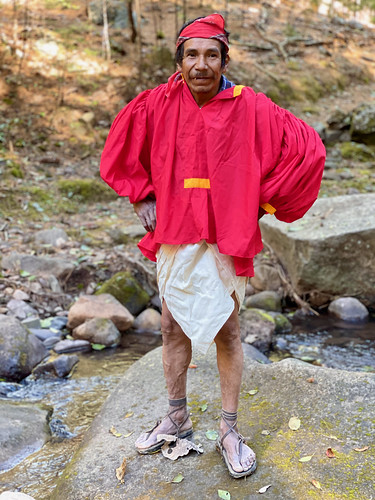
(Traditional Tarahumara Runner)
Despite working long hours with very little social outlets, we still managed to plan a proper holiday. In fact, we met up with my dearest friend, Maria, in Mexico – in retrospect, it was during peak covid surges – but we really stayed off the beaten path and focused our travels on outdoor activities.
I flew to Sinaloa, Mexico and met up with Maria in Los Mochis, a beautiful coastal city in Northern Mexico. We rented a car and explored all the sights in the region, including the gorgeous port of Topolobampo. But the main reason we started our travels at this particular locale is that it’s the western terminus of the Chihuahua-Pacific Railroad, El Chepe, which passes through the scenic Copper Canyon.
El Chepe is one of the most famous train rides in the world! It crosses the Sierra Madre Occidental, and runs 673 km, traversing the Copper Canyon with its tracks passing over 37 bridges and through 86 tunnels, rising as high as 7,900 ft above sea level near Divisadero (the continental divide).
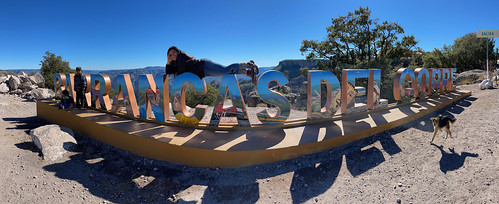
(Barrancas del Cobre – Copper Canyon)
The one-way trip from Los Mochis to Chihuahua takes approximately 16 hours, but the real advantage is to get off at small towns along the way to explore the beauty of the Copper Canyon. As such, we made three stops – Bahuichivo, Divisadero and Creel, staying two nights in each destination.
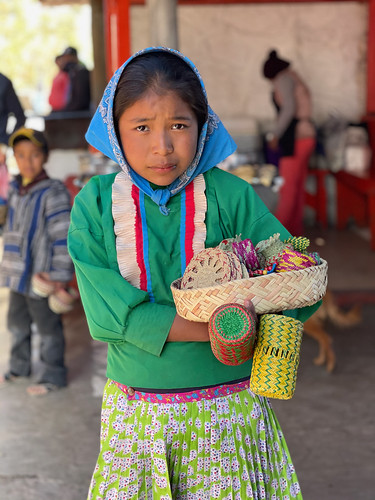
(Children at the train station)
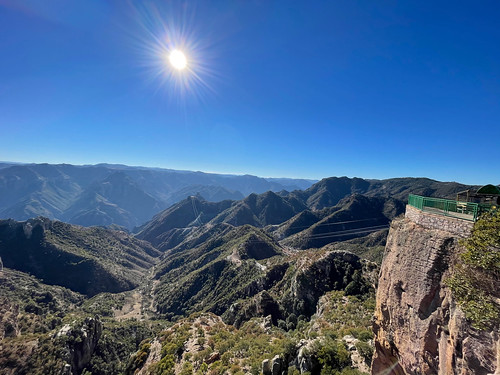
(Couldn’t get enough of these views)
Our first stop in Bahuichivo was magnificent! We stayed at the very rustic San Isidro Lodge in the heart of the Sierra Madre mountains – definitely the most tranquil and extraordinary stop of the three where we were introduced into the Raramuri culture.

(taking the gondola over the canyon)
The Tarahumara are famous for their ability to run long-distance while wearing sandals made from old tire parts. Historically, endurance running played an integral role in hunting, where groups of hunters employed a variety of methods to chase animals on foot. Running is also considered a powerful form of prayer, with endurance dancing having an important spiritual dimension.

(Final stop on the Chepe Train – Creel)
And it just so happened that the family who ran the lodge were featured in the book, Born to Run: A Hidden Tribe, Superathletes, and the Greatest Race the World Has Never Seen. Maria and I met the legendary runner immediately upon our arrival. The owners regaled us with incredible stories as we huddled around the fireplace drinking hot tea. My Spanish remains a little rusty, so Maria translated for me when I couldn’t pick up on everything that was said. What a beautiful introduction to this part of the world.

(Panorama of Valley of the Monks)
The Copper Canyon is actually a series of 6 canyons, which cut through the Sierra Madre Occidental in northwestern Mexico. The impressive gorges were carved out of the volcanic mountains by rivers and comprises nearly 25,000 square miles. The canyon rim sits at an altitude of 8,200 ft (2,500 m) and is full of rocky outcrops and sheer drop-offs. In short, absolutely breathtaking.
Maria and I spent the next two days hiking to the towns of Urique and Cerocahui, taking in the beauty all around. Urique, an old mining town established by the Spanish more than 300 years ago, is the heart of Mexico’s world-famous Copper Canyon; and sadly, remains one of the highest drug-related crime centers of the country. In fact, a few years ago, a U.S. tourist was killed by drug traffickers whom he ran into during a hike. As such, we took extra precautions and hired locals to go hiking with us.
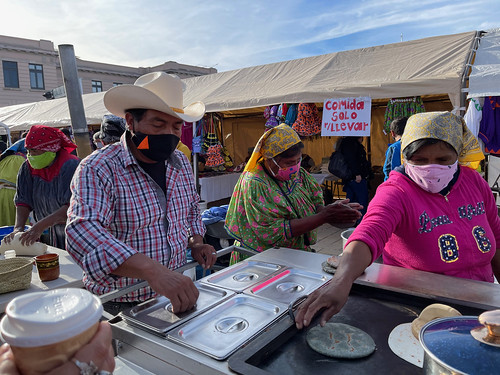
(Loved all the outdoor markets)

(Gorgeous architecture in Chihuahua)
The village of Cerocahui is on the edge of Urique Canyon, with a small population of 900, and was equally stunning. Next stop along the Chepe Train was El Divisadero where we stayed at a glorious hotel, The Mirador, which afforded the best views of the Sierra Madre. Carved out of the ancient stone of northern Mexico’s Barrancas del Cobre (Copper Canyon), everywhere you looked was picture post-card worthy, from the hummingbirds that flocked to the feeders to its terracotta stone building hugging the mountainside against a backdrop of pine trees

(We finally reunited with Darren in Mexico City)
This also happens to be the most iconic stop along the Chepe express, as it’s accessible via planes, trains and automobiles. And more importantly, this is where you’ll find the most spectacular panoramic views of the Copper Canyon system.

(Streets of Puebla at night – simply beautiful)
After hiking along the trails for a few days, we headed to our final stop, ‘Pueblo Magico’ Creel, one of the larger towns in the Sierra Madre Occidental. I loved this little town – lots of great restaurants (and street vendors), shopping, and amazing day trips.
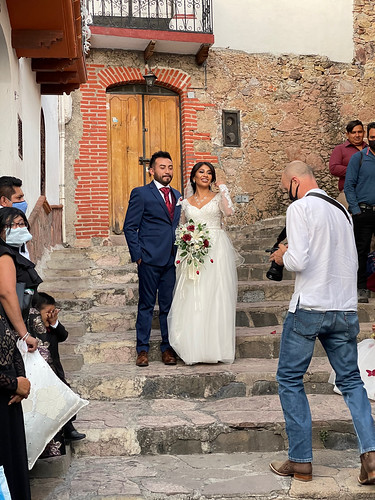
(And Darren interrupting a wedding photo shoot)
We hired a driver and made our rounds to the highlights nearby. One of the more famous attractions is the Valle de los Monjes (Valley of the Monks), named after its intriguing rock formations. Similarly, we also stopped by the Valle de las Ranas (Valley of the Frogs) and the Valle de los Hongos (Valley of Mushrooms), also named for the rock formations that bear a similar resemblance.

(Taxco – unbelievably gorgeous)
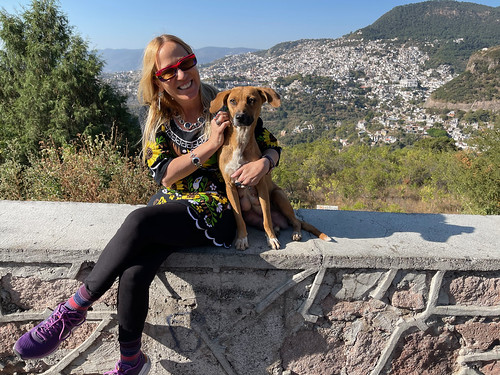
(Befriending dogs everywhere I go)

(My gorgeous necklace from Taxco)
Next we stopped by Lake Arareko, a gorgeous U-shaped body of water surrounded by pine trees. Very tranquil….if we had more time, I could’ve easily spent the entire day there. The Cascada de Cusárare, or the Cusarare Waterfall, was next up – which we combined with the nearby Jesuit Mission. The hike down to the falls was spectacular, with many Tarahumara peoples lining the way, selling their goods along the side of the trail.
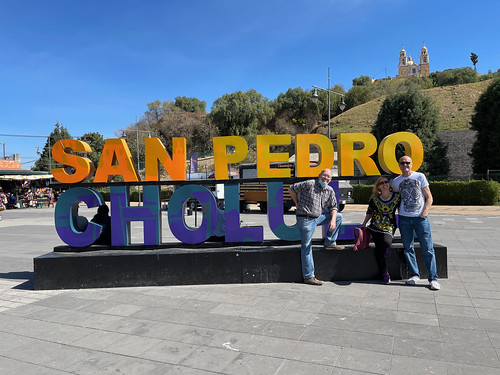
(Last stop – San Pedro Cholula)
Finally, we were able to see the inside of a cave dwelling of the Tarahumara – which was fascinating and surprisingly spacious and homey. Aside from the soot and particulate matter from burning a wood stove in an enclosed setting, I was impressed by its livable feel. By and large, it was a spectacular day – but I couldn’t help but think how COVID has impacted the tourism industry, and the livelihoods of so many locals. This pandemic has been devastating on many levels…simply heartbreaking.
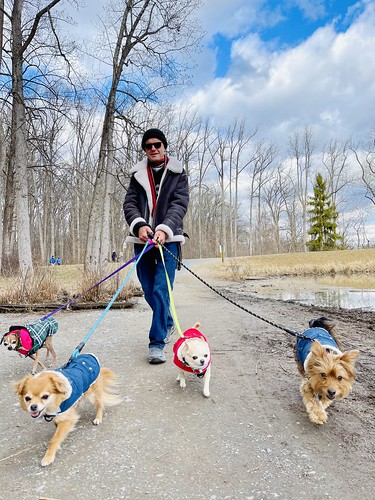
(Back home in Maryland with the dogs)

(Returned just in time for snow)

(Chelsea last winter – it’s obviously been awhile since I’ve updated this blog)
After our rendezvous exploring the canyons, Maria and I took the bus to Chihuahua, Mexico to catch a flight back to Mexico City where we met up with Darren. Granted, our brief stopover in Chihuahua was lovely! What a surprisingly beautiful city (I didn’t expect anything less from a city named after my favorite dog breed)! The architecture of the Spanish Baroque Cathedral was incredible, and the streets were so alive! Sadly, crime remains rife in this part of the world with the drug cartel behind much of the violence.
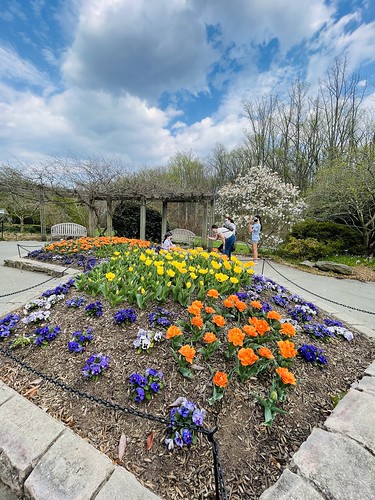
(Springtime at Brookside Gardens)
We arrived soon after the anniversary of a famous slaying outside the Government Palace of a mother who simply wanted justice for the violent murder of her daughter. In fact, there’s a Netflix documentary, The Three Deaths of Marisela Escobedo, that goes into detail of this woman’s plight. Highly recommend it…
Sadly, the day Darren landed coincided with a complete covid lockdown in Mexico City, which really limited our movement. At least we had rented an incredible little apartment in the heart of the old city, booked a car and headed to Puebla, Maria’s hometown, famous for its culinary history, colonial architecture and talavera pottery. Needless to say, I immediately fell in love.
We spent several days exploring the streets of Puebla, eating mole, shopping for clothes and gifts, and taking in the historical sites. And Maria took us to her favorite weekend getaways, the waterfall in Apulco and Cuetzalan.
Cuetzalan was a hidden treasure. I loved everything about this quaint little town nestled into the valley of the mountains. It was so picturesque and beautiful….and if we had more time, I would’ve preferred staying there to explore the surrounding environs – but all things considered, I’m thrilled that we were able to take in the sites both in the town and along the way.
Finally, we spent several days in Taxco, another incredible destination famous for its silver jewelry. Seeing that my mom’s a silversmith and that I grew up with an elaborate studio in our basement, I appreciated the fine craftsmanship on display in literally every store window we passed. My biggest challenge was deciding which piece to purchase.
Despite the travel restrictions, we ended up having an incredible trip. We safely returned to DC just in time for my 52nd birthday. Meanwhile, it’s been nearly a year since our trip to Mexico – but wanted to publish something as we prepare for our return trip to South Africa over this Xmas season.
Stay safe, everyone.
Much love,
Amy
